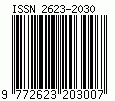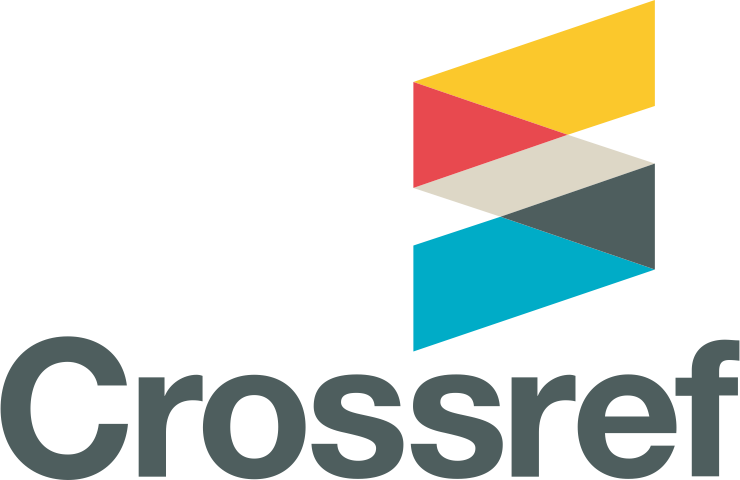IMPLEMENTASI NILAI PANCASILA DALAM PENEGAKAN HUKUM MARITIM DI INDONESIA
DOI:
https://doi.org/10.33556/jstm.v25i2.446Abstract
Pancasila as a value system has been rooted in the life of the Indonesian nation, but Pancasila is only used as an identity. However, it has never been manifested in the life of the nation and state, especially in the process of law enforcement. The research method used is normative juridical. The purpose of this study is to examine the Paradigm of Law Enforcement in Indonesia, analyze the implementation of Pancasila values in current law enforcement, and to analyze the concept of Pancasila towards the practice of law enforcement in Indonesia. The weakness of law enforcement in Indonesia is caused by law enforcement officers who fail to interpret national law based on Pancasila values, such as honesty, transparency, and justice. The paradigm of law enforcement that is oriented towards the economy and power must be replaced with an approach that emphasizes morality, humanity, and social welfare in accordance with the principles of Pancasila. Reform is needed, especially in the mentality and integrity of law enforcement officers, as well as the eradication of the legal mafia that damages institutions such as the prosecutor's office and the police. Pancasila must be implemented in character formation and legal decisions to create social justice, legal justice, and legal protection for all Indonesian people, making it the basis for national development and better law enforcement.
Downloads
Published
Issue
Section
License
Authors who publish with this journal agree to the following terms:Authors retain copyright and grant the journal right of first publication with the work simultaneously licensed under a Creative Commons Attribution License that allows others to share the work with an acknowledgement of the work's authorship and initial publication in this journal.
Authors are able to enter into separate, additional contractual arrangements for the non-exclusive distribution of the journal's published version of the work (e.g., post it to an institutional repository or publish it in a book), with an acknowledgement of its initial publication in this journal.
Authors are permitted and encouraged to post their work online (e.g., in institutional repositories or on their website) prior to and during the submission process, as it can lead to productive exchanges, as well as earlier and greater citation of published work (See The Effect of Open Access).







